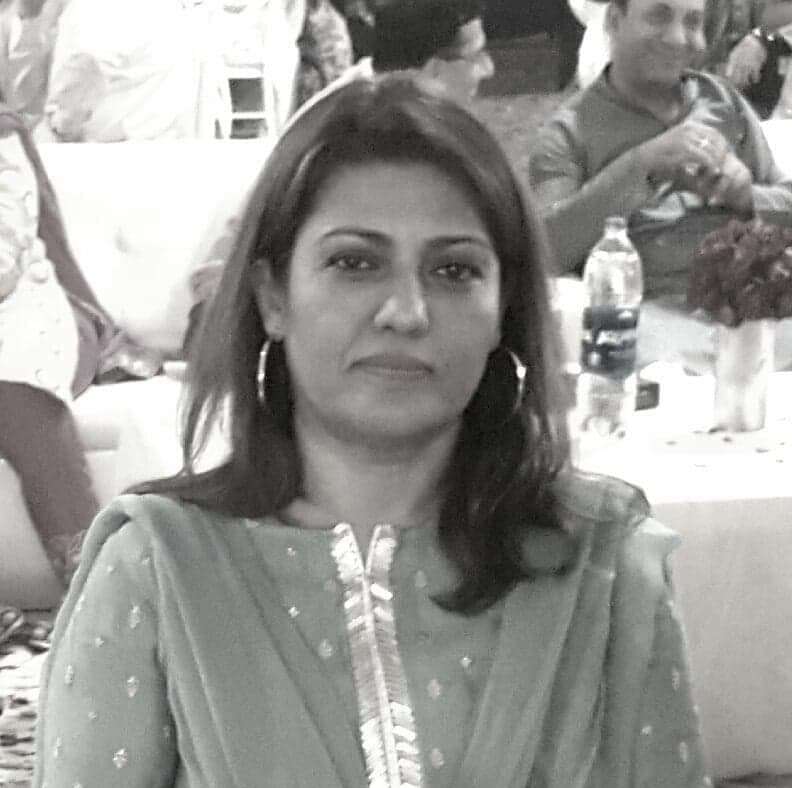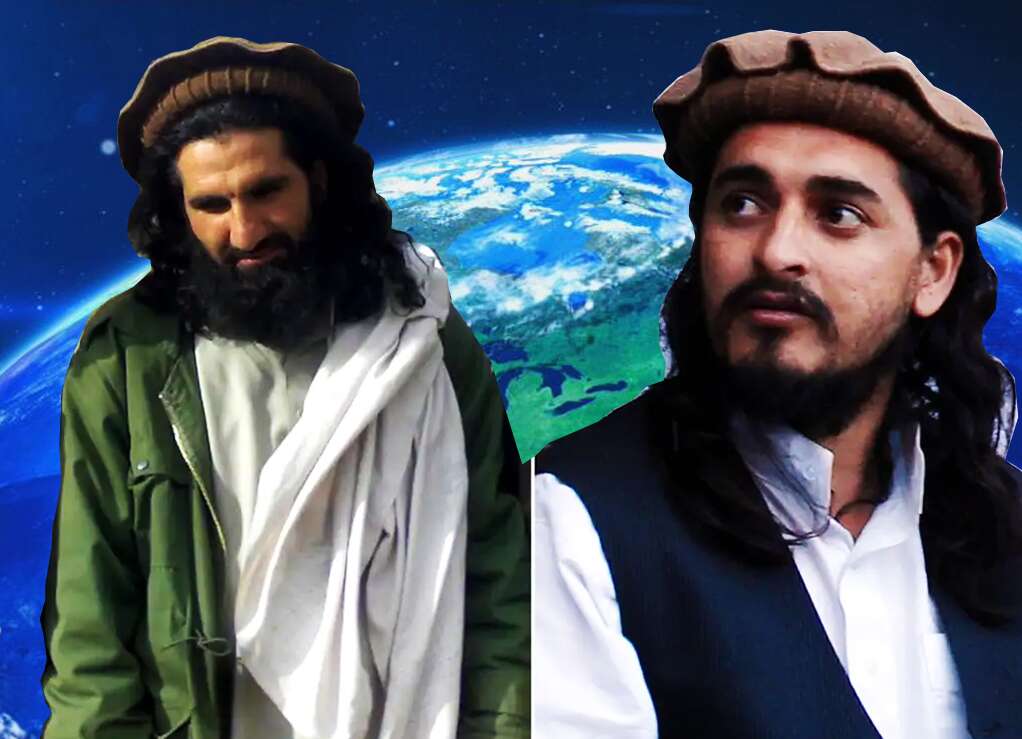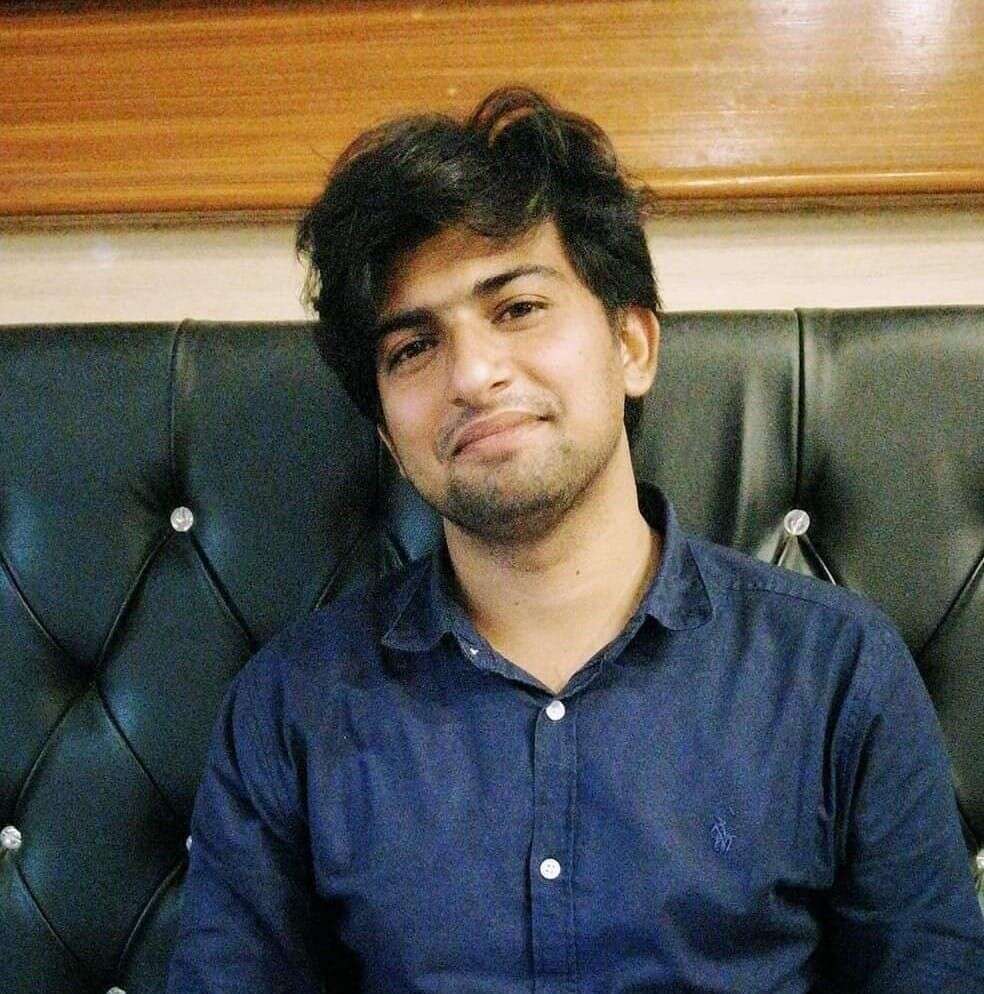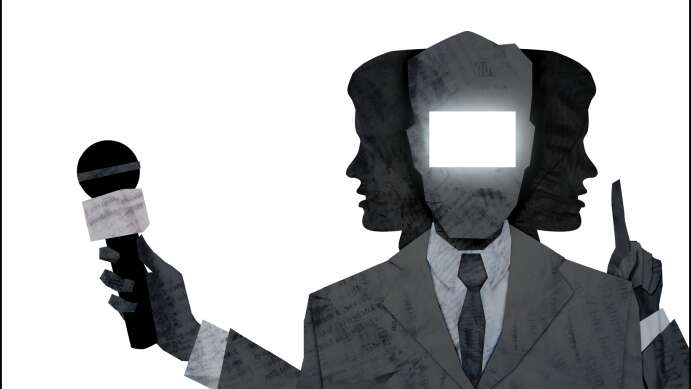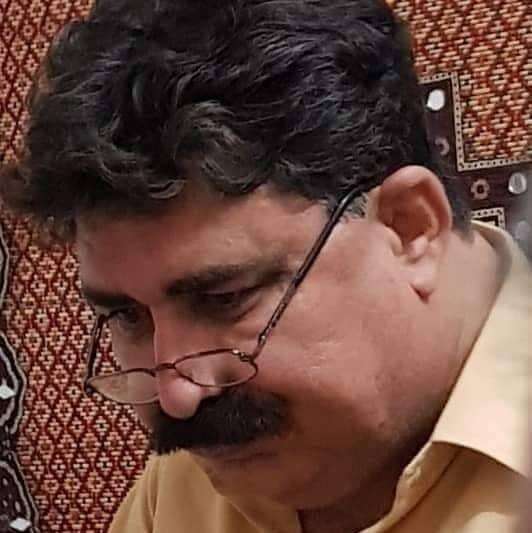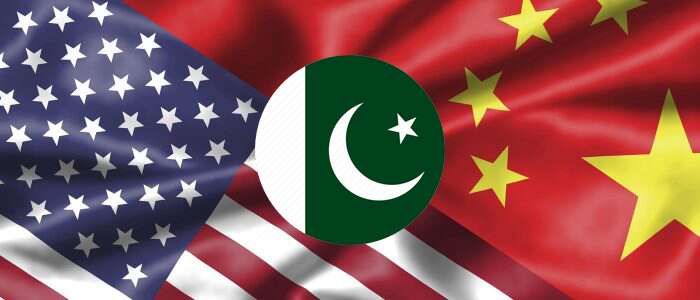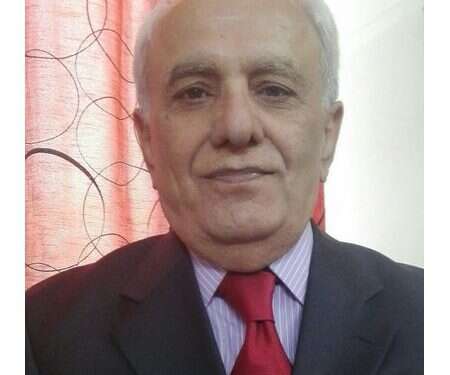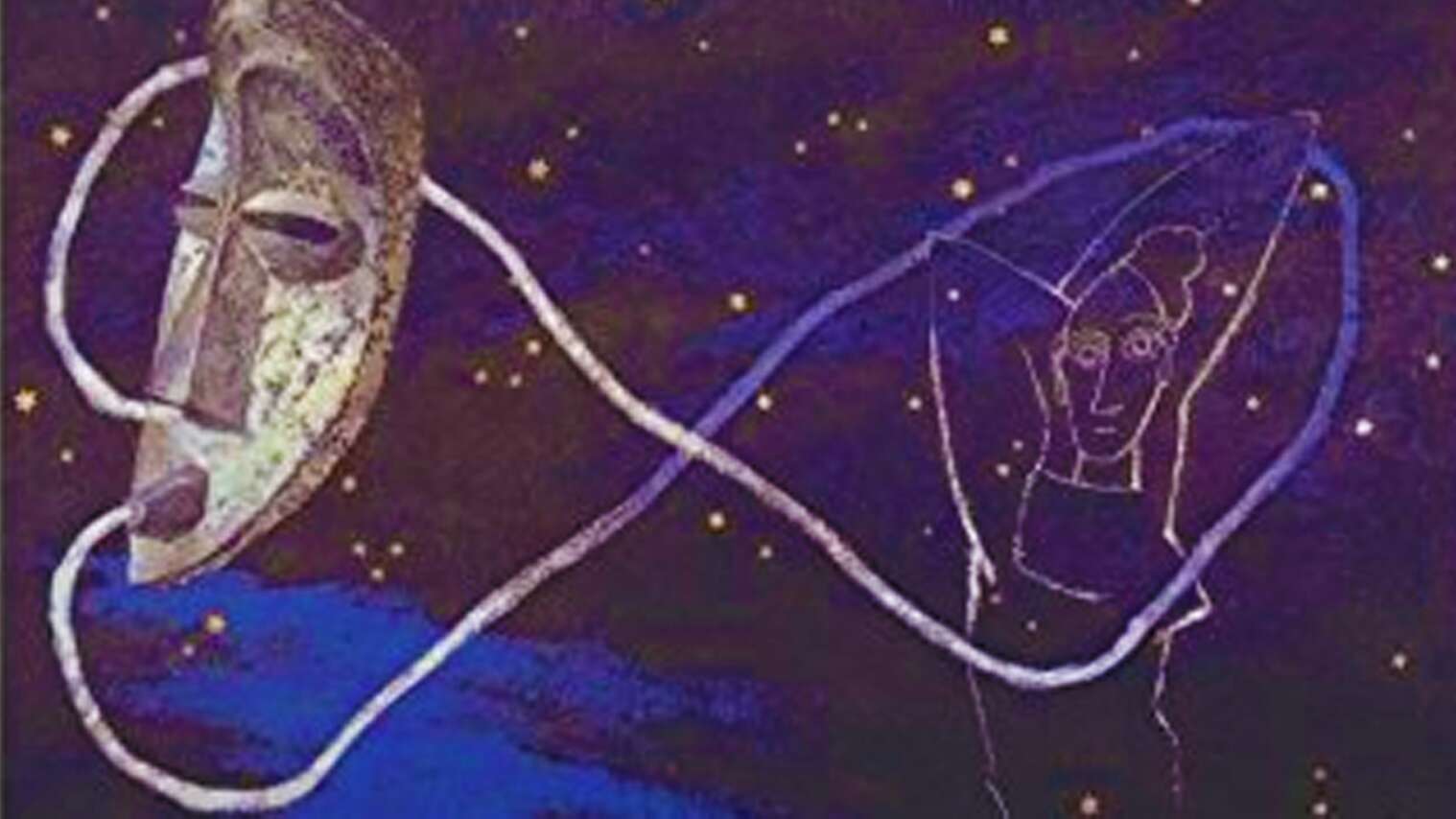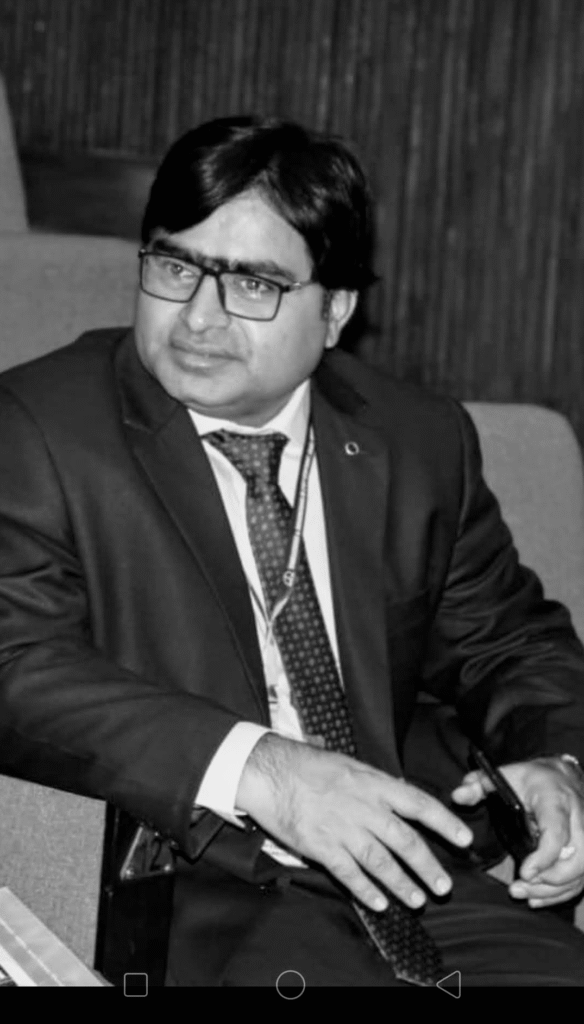
SHAUKAT LOHAR
assistant professor in English at Mehran University of engineering and technology Jamshoro.
Twitter@Lohar Shoukat.
Philosophy is a Greek word that means love of intellect. The genius of the Greeks was most prominent in the field of philosophy. It would be an exaggeration to say that philosophy is a Greek invention because, before the beginning of philosophy in Greece (6th century BC), philosophy had also begun in China and India. In addition, Greek thinkers were initially influenced by the ideas of Egypt and Babylon, but later Greek philosophy became unique due to some of its specific characteristics. One of the important ones is that the philosophers here (Talis, etc.) for the first time began to try to know the universe in terms of intellect instead of religion or giant Malay. Gradually, intellectual evolution began to take place, and philosophy aimed to study the universe and man and to determine the right path of life. Much of early Greek philosophy focused on attempts to interpret the universe based on unifying principles.
Also, to know what is the essence and essence of the universe? Later, from the middle of the 5th century, so-called sophist thinkers, instead of knowing the nature of the universe, began to think about the place of man in it. From 600 BC to 200 BC, the ideas of the Greek philosophers about the universe, government and politics, ethics, and society later became the basis for the philosophical ideas of the European world. The ideas of the ancient Greek philosophers played a pivotal role in today’s theories of atom, relativity, and evolution. Although Athens was the center of the golden or classical period of Greek philosophy, Greek philosophy originated in the Greek colonies rather than in Greece. Later, Athens became the center of its heyday. The earliest philosophers (whose ideas came through the writings of Aristotle) are called physical philosophers because they were mostly concerned with the physical world or the world of nature and its processes.
The question before them was what is the source of matter or what is the nature of matter? And how does nature constantly change? These physical (early) philosophers believed that there was a basic “substance” that was the source of these changes. Regardless of the nature of their answers, this approach is important in that it was the first step towards scientific reasoning. Here is a brief chronological account of the first schools of thought/philosophers of Greek philosophy for the sake of understanding.
1. Avenia or Miltos school of thought). These Greek philosophers of the early 6th century BC belonged to the city of Miletus in Avenue, a colony of West Asia Minor in western Greece. That is why it is called the Avenia or Miltos school of thought. These early Greek philosophers were interested in optical science. Initially, they learned much from Middle Eastern thinkers, especially the Babylonians. The founder of this school, Thales (626 to 556 BC) (who is considered to be the first Greek philosopher) considered water to be the primary source. This probably meant that everything is created from water and perishes in it. He said about the earth that it is like a plate and floating on the water. (This is also said to have accurately predicted a solar eclipse in 586 BC). The second philosopher of this school (student of Talis) Anaximander (610 to 547 BC) The basic reality of objects instead of water is formless, indeterminate, and infinite matter. The earth and all the planets are made of it. Everything that is made is made of change. And within it. He considers the real essence (matter) to be beyond the limits of time and space. It has no beginning and no end. Anaximenes (588-522 BC) considered the “air” to be the real essence that is spread out in space and the principle of constant motion is in its nature. Has caused He says that cold, hot, dry, frozen, or watery air created different things.
2. The next Pythagoras school is considered to be the chronological order. The school was founded by Pythagoras, a mathematician, and astronomer from the ancient Greek colony of Crotone (southern Italy). Which was a contemporary of Xenophanes. This is the founder of a special way of thinking called the theory of numbers. He tried to explain the universe with an abstract mathematical principle instead of a material element. He considers numbers and geometric shapes to be the origin of all facts. Unlike the Maltese (Avenue) school, its approach is religious and ideological. He tried to integrate new scientific interpretations with the ancient Diomalai conceptions of the universe. In other words, ethics. Pythagoras’s philosophy was a strange combination of transcendental elements and mathematical principles with principles. He also believed in the doctrine of reincarnation. Purifying the human soul was, in his view, the highest goal of man. (Pythagoras discovered the mathematical basis of musical scales. Regardless of Pythagoras’ ideas, he made significant advances in science, arithmetic, music theory, and astronomy. Some of his discoveries in geometry were still considered authoritative. Are). One question with the primary source/element was how the element can suddenly change into something else. It can be called a problem of change or transformation. On the issue of change and non-change (stability and change), two schools of thought, Alta and Heraclitus, emerged.
3). (Eleatic School). It was named after its center, the Greek colony of Elea (Italy). Xenophanes, Parmenides, Melanes Zeno are the big names in this school. According to the Parmenides (540 BC to 480 BC), everything is immutable and has always existed. According to him, nothing changes. Regarding the seemingly constant state of change, he said that it was due to the perception of the five senses. And the senses are unreliable, so the test must be the intellect.
4). Heraclitus School #. Heraclitus (535-475 BC) considered fire to be the basic elements of matter. According to this, since fire or light is always moving and changing, nothing remains in one state, that is, objects are moving and variable. His philosophy is his famous saying. Nothing is permanent but revolves around (everything except change is variable). According to him, constant change or flow is the basic feature of nature. The second is that the salient features of the world are its contradictions. And the source of these changes and contradictions is the universal intellect or law which he calls the Greek word Logos instead of God.
5). Pluralists School. The main spokesman for this school is the island of Sicily Empedocles (495 to 435 BC) Empedocles’ philosophy was based on reconciling contradictory principles in Greek philosophy. According to this, the nature or source of the universe is four elements, water, instead of a single element. There is dust and fire. Other substances come from different amounts of the same four elements. According to this, nothing changes, but all the actions of nature are due to the combination or separation of these four elements. How and by whom do these elements combine and dissolve? ? Empedocles says that two different forces (love and conflict) are at war in nature. Love connects things and separates conflict. He was convinced of the difference between matter and force. (Modern science has the same position) The other big name of this school is Anaxagoras. (500 to 428 BC). Who came to Athens from Asia Minor. According to Anna Gores, the matter has no beginning and no end. It is made up of infinitely dispersing static particles. The reason for the existence of objects is due to the combination and decomposition of their constituents. That the constituent elements of things already exist, that is, that all forms of matter have personal attributes. He says that in the beginning, the components (particles) of all matter were mixed in an incoherent manner. This (compound) was spread infinitely in space. At one point, the mixture opened up, and all kinds of matter separated into particles. And took unlimited time to establish its separate existence. One of the points of Anxus Gores is that although each form of matter has its own existence and personal attributes, it also contains some particles of other matter. In other words, the component is tomorrow. According to Anxus Gores, there is an external force that arranges the mixture of particles by initial motion, which he calls the Nous (Universal Intellect). (Anaxagoras was also an astronomer. He also gave ideas on the reality of the sun, the existence of life on other planets, the moon not shining by itself, and the interpretation of solar eclipses).
6). (Atomist) The 4th-century school of thought was dominated by Leucippus and his brilliant student Democritus (460-370 BC). He proposed the atomic theory of matter. According to which all matter consists of small indivisible particles (atoms). He agreed with Heraclitus’ view that everything flows in nature because forms keep coming. But behind everything, there are unchangeable atoms. The phenomena of nature, and its arrangement, are not due to any deliberate rational force, but to the personal nature of matter. His conception of the universe was purely materialistic. Democrats have taken this theory further and applied it to psychology, al-Abadan. He also worked on the theory of science, ethics, and politics and thus became the first proponent of materialistic determinism. Sophists school. #۔ The central idea of these schools of philosophy was to know the nature and reality of the universe. Sophistic thinkers, on the other hand, diverted human thought from the universe to human problems. The Sophists were, in fact, a group of traveling teachers. Who often paid the merchant class with knowledge of political and governmental affairs. His teachings played a major role in transforming the Greek city-states from an agrarian monarchy into a commercial democracy. Sophists believed in relativism, according to which there is no universal and permanent reality of good or evil, but that all things and actions are superfluous. One of the great names among the Sophist thinkers was Protagoras of Athens, who was the founder and spokesman of the same school or group. He famously said that “man is the measure of all things”. He believed that the human mind could not reach the objective reality nor was it convinced of the objective reality. Therefore, instead of searching for objective reality, he urged the human intellect to search for practical knowledge useful to man. On this basis, he began teaching politics, art, speech, and oratory. Although most sophist thinkers and their ideologies were considered by the Greeks to be skeptical and contrary to peace and morality. However, they played a major role in drawing the attention of the Greeks to human problems, whereas earlier thinkers were merely searching for the deepest secrets of the universe. These schools of thought are followed by the “classical” period of ancient Greek philosophy. The center of which was “Athens”. The three philosophers here, Socrates, Plato, and Aristotle, make Greek philosophy truly classical. A great feature of these three philosophers is that they continued to search for universal truth and at the same time made the humanitarian aspect of the Sophists an important part of their philosophical thought. All three philosophers are considered to be the founders of modern Western philosophy. The basic questions of his philosophy have been the subject of debate to this day. From which the importance of his philosophical ideas can be gauged. Socrates. (469 to 399 BC). Socrates is a big name in the world of philosophy. He did not write a book or establish a formal school of philosophy. However, information about his ideas and style of education has survived through his famous student Plato and a famous historian of the time, the Sinophone. The central theme of Socrates’ philosophy was ethics (values such as justice, love, and goodness). Unlike the Sophists, Socrates argued that there are objective and eternal realities which man is deprived of due to his ignorance. He believed that real knowledge existed within man and that there was a need to acquire it rationally and critically. For which it is necessary to get rid of prejudices and think logically. Socrates introduced his famous method of asking questions and answers or conversational style to know the facts or real knowledge. This method was very effective because it put the audience on the path of thinking along specific lines. Socrates called all evils the result of ignorance and said that no one does evil intentionally, so his position was that “knowledge is good” and he who knows the truth will do good. The basic belief behind all the thoughts and teachings of Socrates was that only knowledge can lead to a good life, which is why he called knowledge good. Socrates, despite his patriotism and deep religiosity, was reprimanded by many of his contemporaries. Who sentenced him to death in a public court in 399 BC. Plato (427-347 BC). He left Athens after the death of his teacher Socrates. He returned a long time later and opened the Academy in 387 BC (which remained the center of Greek science and art until 529 AD). Plato transformed the ideas of his teacher Socrates into organized philosophy. And adopted a conversational style of teaching and learning. Plato’s teachings and concepts are known as “Plato’s Conversations”. Which, along with Socrates’ ideas, is based on Plato’s ideas and concepts. Plato, like Socrates, considered ethics to be the highest form of knowledge. And wisdom was called righteousness. In addition to ethics, his dialogues include topics such as science, politics, metaphysics, religion, natural sciences (optical science), literature (drama), beauty and love, and so on. Plato’s philosophy is based on his famous idea, which he has described in many of his discourses, especially in “Republic” and “Per Mendes.” His other concepts and ideas can be understood from the same “proverbial theory”. According to Plato & # 39; s theory, there is an eternal, unchanging world of concepts or parables or ideals or ideals whose existence is spiritual (invisible) and this is the real and real and the material world we see and its objects, which We perceive through the senses, only the reflections of this ideal world. In other words, our material world is a shadow, while the real reality is of an ideal or proverb. According to Plato, to know these proverbs is to know the truth. Understanding these ideals is possible only with a trained mind and that is the purpose of philosophy according to Plato. Plato’s conception of the state. Plato’s other important concept is the ideal state. In his famous dialogue, “Republic,” he discusses the formation and functions of state and government. And the main purpose of the state. “Justice” is explained. By jinn (justice) Plato means to take work from every individual according to his ability. In short, according to Plato, the ideal society (state) is a dictatorial state whose government is under the supervision of a wise man (philosopher-king) who knows the potential of every citizen and uses their potential and thus achieves true justice. Can be done Achieving this is the goal of the ideal state according to Plato. Aristotle (384 to 322 BC). Macedonian-born Aristotle came to Athens and became a student of Plato at the academy. He studied and taught in this academy for 20 years. After the death of Plato in 347 BC, he went to Macedonia and became Alexander’s ally. He returned to Athens in 335 BC and opened a school called Lyceum. Aristotle commented on almost all the sciences of his time (logic, physics, metaphysics, ethics, rhetoric, criticism, politics, and the natural sciences). Presented the theory in an organized manner for the first time. In addition, formal logic was invented by Aristotle. Which is his unique feat. He also became the founder of Zoology. Although only a few parts of Aristotle’s discourses and terminology have survived, his lecture notes on every branch of science and art have been preserved, which were edited by his followers after Aristotle. Important in Aristotle’s writings were his “logic”, “physics” (information about astronomy, meteorology, plants, and animals), “metaphysics” (relating to the nature of existence), “ethics”, “rhetoric”, “botany”. (Related to literary criticism) and “Politics” Despite being a disciple of Plato, Aristotle disagreed with many of his ideas. For example, in his book Metaphysics, Aristotle states (unlike Plato) that reality is a combination of both matter and form. Forms do not exist independently but can reside within objects. In other words, they do not exist in any higher world beyond the material world but are parts of matter. Aristotle, like Plato, was a proponent of effective government. But unlike Plato, he did not seek an imaginary state based on the ideal concept of “justice.” Instead, it was a gamble on better governance in the light of a critical review of existing governments. For his book Politics, Aristotle studied the constitutions of various urban states. In their light, they have discussed the nature, objectives, duties and classification of the state. According to him, the state is a natural collection of individuals to promote goodness. Being a political entity, an individual can fulfill his true self only when he is a member of a state. Aristotle describes three styles of good government.
1) Monarchy.
2. Elite and
3) constitutional government.
But based on his dissertation analysis, he warned that the monarchy could turn into tyranny, oligarchy and constitutional government into radical democracy or anarchy. However, Aristotle preferred a constitutional form of government to a majority one. ۔ In addition to metaphysics and politics, Aristotle also differed on Plato’s other concepts, the nature of knowledge, and ethics. Contrary to Plato’s idea that knowledge is innate, Aristotle believed in acquiring knowledge through experience. In the same way, he sees art (unlike Plato) as a source of pleasure and intellectual breadth rather than a moral means of education. Aristotle’s analysis of Greek dramas in his book Poetics has become a model for literary criticism. This book or essay by Aristotle is still relevant to literary theories. The influence of Aristotle’s philosophy is very universal. It plays a major role in the formation of Fahm Saleem. Aristotle’s theory of “first cause” played an important role in theology. Until the 20th century, logic meant the logic of Aristotle. Similarly, Aristotle’s conception of the universe was adopted by the Second Resurrection and later astronomers. Until the Darwin era in the 19th century, zoology remained based on his ideas Discussions on education, literary criticism, psychology, and political analysis have been the subject of Aristotle’s methods until the 20th century. Aristotle’s scholarly significance and influence are effectively expressed in Darwin’s statement that “the great intellectuals of his time seem to be the children of the school before the ancient Aristotle.”



